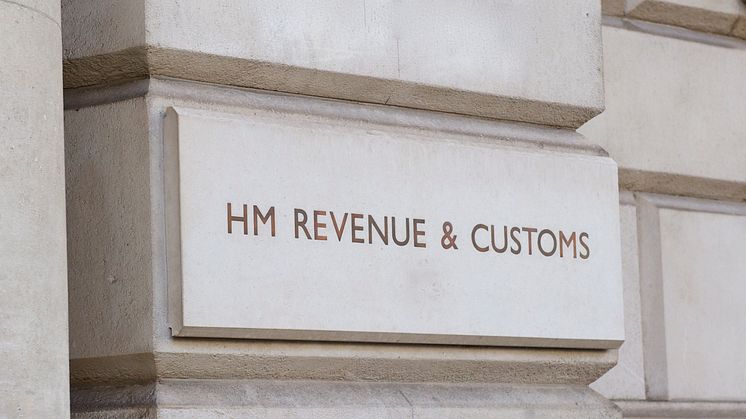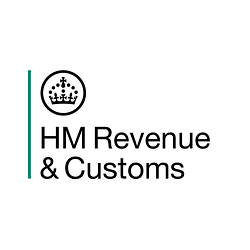
Press release -
Time to get ready for Self Assessment
HM Revenue and Customs (HMRC) is reminding Self Assessment customers to check that they have the correct information in order to complete their tax return.
The deadline for 2020/21 tax returns is 31 October 2021 for those completed on paper forms and 31 January 2022 for online returns. While the end of January is more than three months away, HMRC has already seen thousands of people filing their returns – more than 63,500 customers filed their tax return on 6 April, the first day of the tax year. Customers can file before the January deadline but still have until 31 January to pay.
Any customer who is new to Self Assessment must register via GOV.UK to receive their Unique Taxpayer Reference (UTR). Self-employed individuals must also register for Class 2 National Insurance.
HMRC is encouraging customers to register early so that they can access guidance and be aware of what they need to do. This includes record keeping, knowing when the filing and payment deadlines are, and the potential for a first tax payment to include a payment on account.
This year, customers will also have to declare if they received any grants or payments from COVID-19 support schemes up to 5 April 2021 as these are taxable, including:
- Self-Employment Income Support Scheme (SEISS)
- Coronavirus Job Retention Scheme (CJRS)
- Other COVID-19 grants and support payments such as self-isolation payments, local authority grants and those for the Eat Out to Help Out scheme
HMRC recognises that some customers may be worrying about paying their tax bill. Customers can access support to help pay any tax owed, and may be able to set up their own affordable monthly payment plan online by using HMRC’s self-serve Time to Pay facility. Customers should contact HMRC for help if they have concerns about paying their bill.
HMRC’s Myrtle Lloyd, Director General for Customer Services, said:
“We want to help people get their tax returns right by making sure they are prepared and have everything they need before they start their Self Assessment. If anyone is worried about paying their tax bill, support is available – search ‘time to pay’ on GOV.UK.”
The fastest way to complete a tax return is online via a customer’s Personal Tax Account. They will need their UTR to access their tax return, as well as details of their income or earnings and other financial records. Detailed information on what documents are needed for Self Assessment are on GOV.UK.
HMRC urges everyone to be alert if they are contacted out of the blue by someone asking for money or personal information. HMRC sees high numbers of fraudsters emailing, calling or texting people claiming to be from the department. If in doubt, HMRC advises not to reply directly to anything suspicious, but to contact them straight away and to search GOV.UK for ‘HMRC scams’.
Notes to Editors
- Find out more about Self Assessment
-
If you claimed Self-Employment Income Support Scheme or received Coronavirus Job Retention Scheme grants
If you claimed Self-Employment Income Support Scheme (SEISS) or received Coronavirus Job Retention Scheme (CJRS) grants, you’ll need to include details of all the taxable coronavirus support scheme payments you received during the 2020 to 2021 tax year.
If you are employed and received CJRS (furlough) payments during the 2020 to 2021 tax year, you will need to enter your earnings and income tax as stated on your P60. Your P60 will include any furlough payments you received up to 5 April 2021, so you do not need to include furlough payments on your tax return.
If you are self-employed or in a partnership and received any coronavirus financial support, you will need to declare it on your Self Assessment.
If you are self-employed, you should use:- form SA103S - short if your tax affairs are simple and your turnover was below the VAT threshold (£85,000) for the tax year
-
form SA103F - full if your annual turnover was above the VAT threshold for the tax year
- form SA104S - short if you’re only declaring partnership trading income
-
form SA104F - full to record all the possible types of partnership income you might receive
- To find out which COVID-19 grant or support payments to include on your tax return if you are self-employed or a partner in a business go to: Reporting coronavirus (COVID-19) grants and support payments - GOV.UK (www.gov.uk).There are boxes on these forms to include payments from any of the following:
- Self-Employment Income Support Scheme (include details of grants received on or before 5 April 2021 in your 2020 to 2021 tax return. For most customers this will be grants 1 to 3)
- Coronavirus Job Retention Scheme
- Eat Out to Help Out
- Test and trace or self-isolation payments
- Coronavirus Statutory Sick Pay Rebate
- Coronavirus Business Support Grants
- any other taxable COVID-19 support scheme
- payments that you were entitled to receive from local authorities or devolved administrations
- Follow HMRC’s Press Office on Twitter @HMRCpressoffice
Related links
- Self Assessment tax returns
- If you cannot pay your tax bill on time
- Register for Self Assessment
- Keeping your pay and tax records
- Identify HMRC related scam phone calls, emails and text messages
- Reporting coronavirus (COVID-19) grants and support payments
- Self Assessment: self-employment (short) (SA103S)
- Self Assessment: Self-employment (full) (SA103F)
- Self Assessment: Partnership (short) (SA104S)
- Self Assessment: Partnership (full) (SA104F)
Topics
Categories
Issued by HM Revenue & Customs Press Office
HM Revenue & Customs (HMRC) is the UK’s tax authority.
HMRC is responsible for making sure that the money is available to fund the UK’s public services and for helping families and individuals with targeted financial support.

